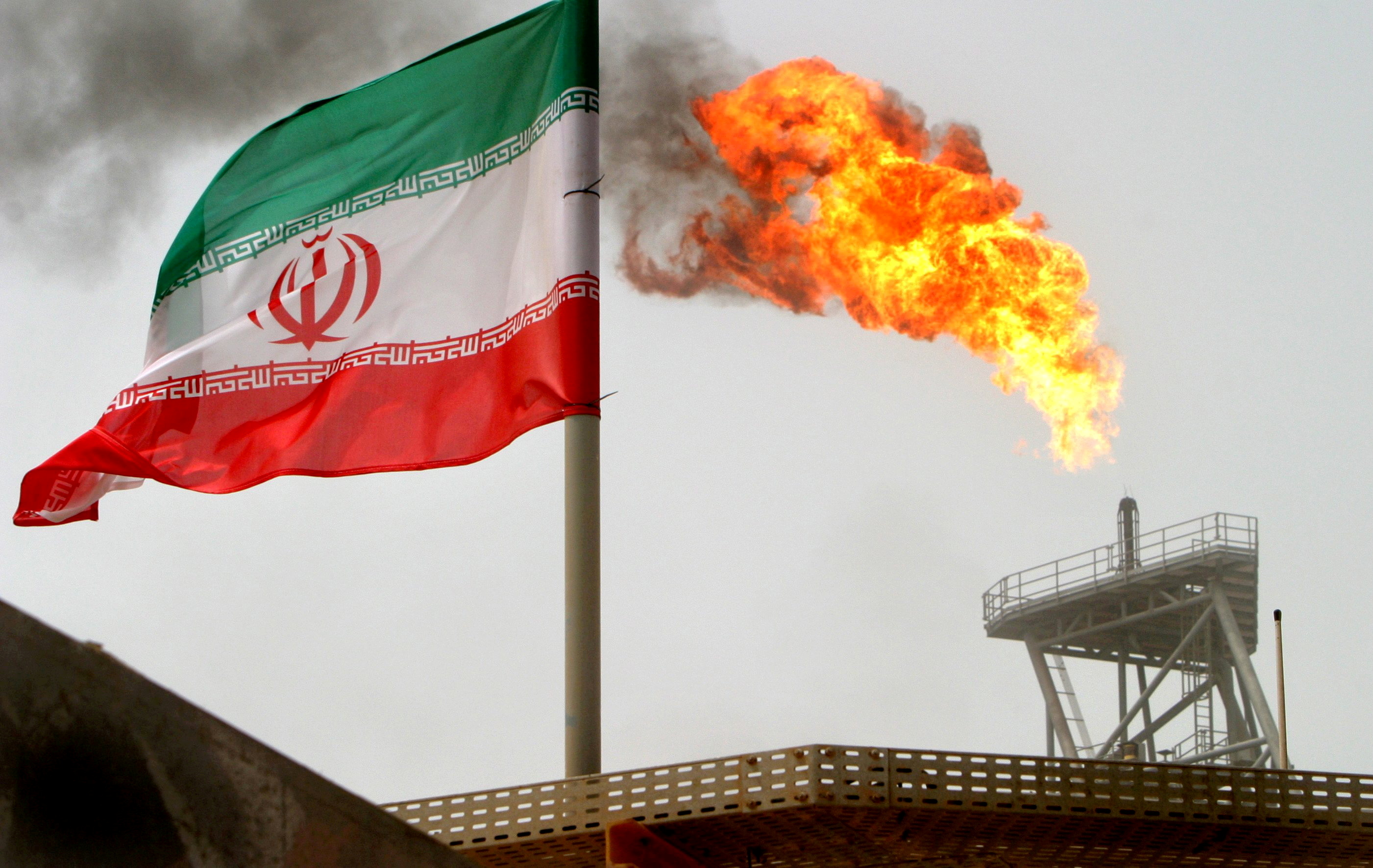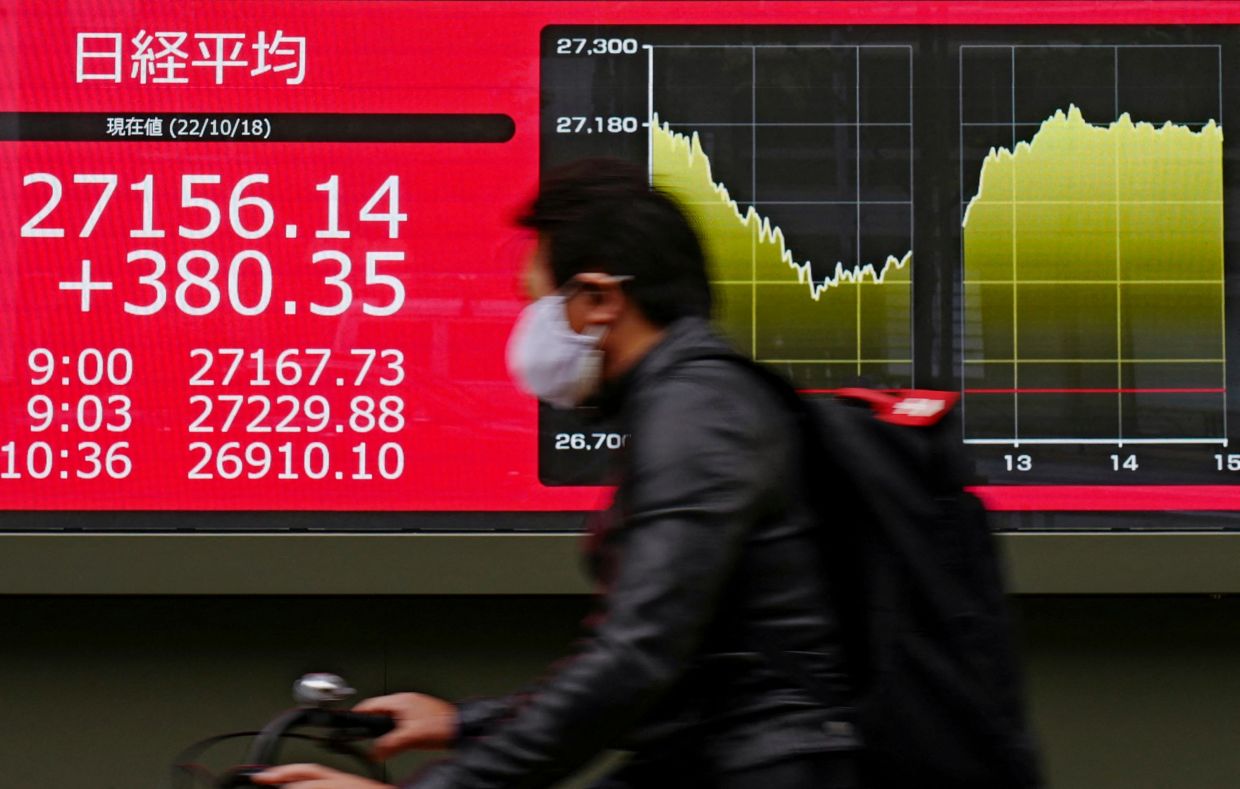Folks, let’s cut through the noise. Donald Trump is back in the spotlight, and this time he’s wielding the threat of economic warfare against Russia. In a recent Fox News interview, the former (and potentially future?) president stated he’d impose “devastating” sanctions if a deal isn’t reached in Ukraine. Let’s be clear: this isn’t a novel approach, but the tone is…different.
He’s essentially saying, “Time to cut to the chase.” And honestly? He’s not wrong. This conflict is dragging on, and the economic implications are getting heavier by the day.
But let’s dissect this further. Trump also fired a shot across the bow at Ukrainian President Zelenskyy, bluntly stating he believes Zelenskyy holds no strong negotiating cards. Ouch. This is a critical observation, frankly.
Here’s a quick education on the forces at play:
Sanctions are economic penalties applied by one country (or a coalition) against another, typically to change behavior. They can range from travel bans to trade restrictions.
The effectiveness of sanctions is always debated. Sometimes they cripple economies, other times they’re circumvented or spur unintended consequences. Russia, however, is already feeling the pinch from existing sanctions.
The concept of ‘negotiating leverage’ is paramount in conflict resolution. It refers to the power a party holds to influence the outcome of talks. Without leverage, concessions become far more difficult.
The global oil market is a key vulnerability for Russia. Lower oil prices significantly impact their revenue, and therefore, their ability to fund the war.
Trump rightly points to Russia’s current economic struggles, particularly the low oil prices. He’s astute to recognize that adding economic pressure could work. But it’s also a gamble. Will it force Russia to the table, or simply escalate tensions? That’s the million-dollar question. And frankly, with the US election looming, this feels as much about positioning as it does about policy. Buckle up; it’s going to be a volatile ride.







